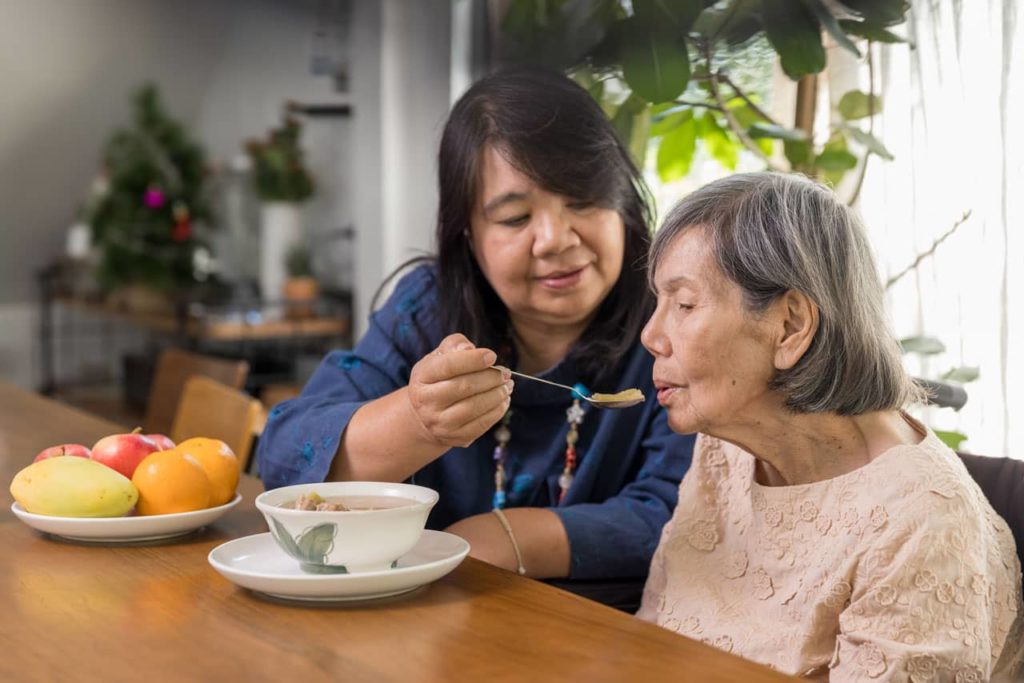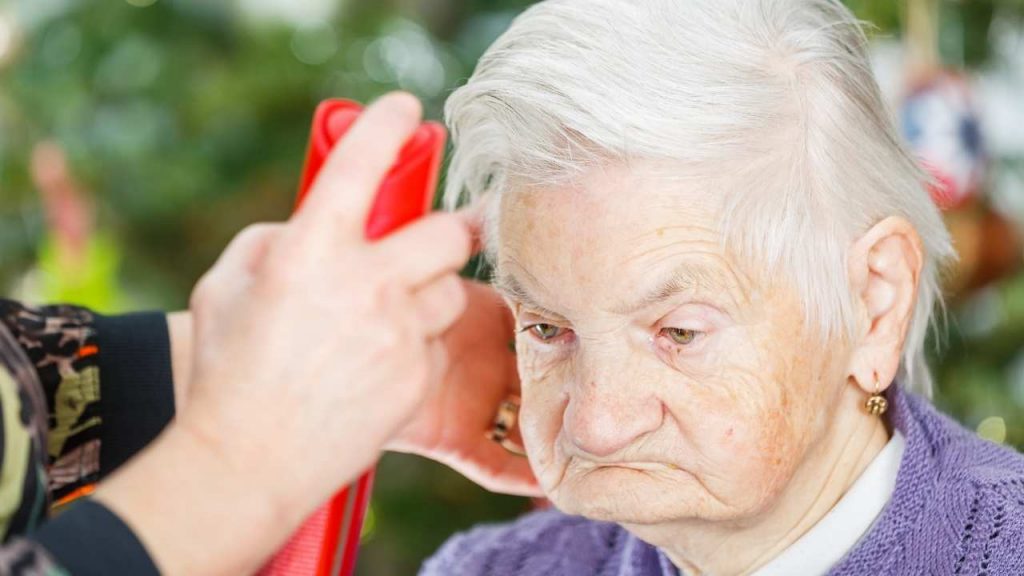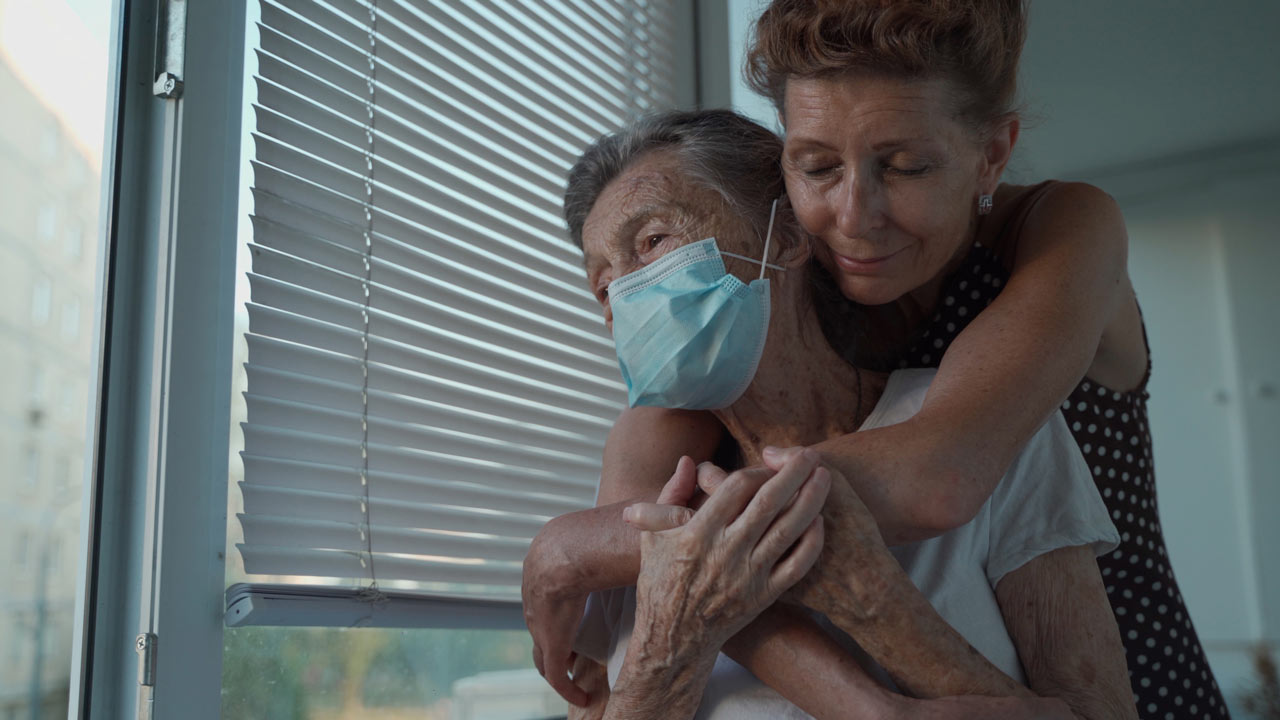The Realities of CDPAP
What is CDPAP really like?
Enrollment in this popular program, CDPAP, is both an opportunity and a challenge for a family. The CDPAP program provides a consumer a particularly safe way to receive care. She can have family or neighbors enter her home and tend to her needs. She can be in charge. She can set the schedule and plan her activities the way that works for her.
At the same time, she is transformed into an employer. The obligation to train the caregiver (called personal assistant) in his duties is hers. She needs to tend to some administrative responsibilities. Timekeeping, arranging coverage when someone takes vacation, responding to requests for documentation and notifying the plan of changes are her responsibility. She cannot remain passive in her role as a senior who needs care. There are tasks that are hers.
These responsibilities may feel onerous. Changing one’s relationship to someone close is sometimes awkward. Directing someone familiar who is there to collect a pay check requires a reorientation of roles. The consumer shifts from being the doting aunt to an employer who requires timeliness and the discharge of the plan of care. This means that the nephew, who is now the personal assistant, take his role seriously. He is no longer a couch potato who watches television while in the home. He must comply with the tasks and routines outlined by the MLTC nurse in the plan of care.

The plan of care is an individualized plan for each particular consumer and is developed by the nurse from the MLTC plan during a visit (which may be remote at present). It is up to the consumer, the employer, to ensure that it is followed. If it is not followed, the consumer may have to terminate the employment of the personal assistant, even if he is a family member.
The role of Caring Professionals is chiefly to administer payroll once the consumer and her personal assistants are enrolled in the program. Caring Professionals staff may not train the personal assistants. Staff may train the consumer on program details and administrative responsibilities but it is the consumer who takes charge of the personal assistant and trains him.
Therefore, if a PA does not clock in properly at the beginning of the week or needs a schedule change, it is up to the consumer to inform Caring Professionals. Payroll for the PA is affected by the neglect of the consumer to report problems and deal with administrative changes.

Caring Professionals does not make determinations. The rules are set by the New York State Department of Health and Medicaid. Caring Professionals may not change them. These rules and procedures are spelled out in writing and reviewed with the consumer before service begins. There is a checklist of items that are explained. She signs that she understands them. Then it is up to her to follow and implement them.
Not all seniors are up to this challenge. They may prefer that a daughter or someone else take responsibility even if they are cognitively aware. They don’t want to be bothered with all the responsibilities involved in being an employer.
A daughter may become the Designated Representative of the senior; she takes on the role of employer and must meet with the personal assistant at least once a week. She has to be a local resident and be available to approve time sheets. If she goes on vacation, someone else must be enrolled to take on the role of Designated Representative. If she doesn’t make arrangements, the personal assistant will not be paid because only the Designated Representative may approve timekeeping. There is a clear chain of responsibility in CDPAP.
Home care is a serious job. It’s not casual caregiving nor is it just keeping the senior company. It’s a serious charge for both the consumer (or Designated Representative) and the personal assistant.
Communication will ensure that your senior will have good care and that everyone will have a good experience. Reading the paperwork and asking questions is important. If any one of the stakeholders has a question about procedures or tasks, they should ask. Trying to figure it out on one’s own may have implications, especially when it comes to payroll. If DOH rules are not followed, a personal assistant may have trouble getting paid at the end of the week.
Caring Professionals coordinators and payroll staff are always available to answer questions. But there are things they cannot fix. Following the rules and asking for clarification are best practices for all stakeholders.
If a plan (MLTC) asks for documentation, it must be responded to. There is no recourse, for example, if the annual Department of Health form that requires a doctor’s signature, is not submitted. Medicaid will terminate the case and services will be suspended.
There may be times when a Designated Representative may need to go away and a replacement may not be available to take on the responsibilities. A consumer may choose to transfer from CDPAP to the traditional home care program at Caring Professionals. This involves several administrative steps but can be accomplished. Several departments at Caring Professionals need to clear the transfer, determine if the company can staff the case, identify an appropriate aide, and get an authorization from the MLTC. Therefore, the Designated Representative should begin with the coordinator and understand that this will not be an instantaneous transfer. Time and procedures outlined by the Department of Health rule.
Communication between the consumer and personal assistant from the start will be very helpful. A conversation about the change in roles will clarify that when it comes to home care, the senior is the supervisor. She hires and continues in her role as an employer, ensuring that her care is responsibly accomplished. If the senior (or designated representative) is upfront about the contractual nature of the relationship in CDPAP, she will have no problem with constructive criticism or termination if it comes to that point. If it seems that the potential personal assistant will not cooperate with an employee’s attitude to work responsibilities, it will not be difficult to say that this won’t work out. Another personal assistant can and should be found. Having this conversation is vital to successful caregiving in the CDPAP program.
Let’s remember that accountable provision of good care of the senior is the sole goal of the program. That’s where it begins and that’s where it ends.
Are you interested in the CDPAP program? Please apply here.
Call Caring Professionals’ CDPAP hotline at 718 307 6270 if you need to talk to an expert please.
What is CDPAP? Find out more about CDPAP from our CDPAP Articles and CDPAP Guides
- Apply for CDPAP here
- Read Stress Less with CDPAP Home Care
- Read Seven Tips to Improve Communication with Your Parent’s Caregivers
- Learn more – A QUICK GUIDE to joining the CDPAP Program in New York
- What are the The Realities of CDPAP?
- So, You Want to be a Paid Caregiver in the CDPAP Program?
- How does CDPAP help my family?
- Would you like to find out Will I Qualify for CDPAP?
- CDPAP FAQ






